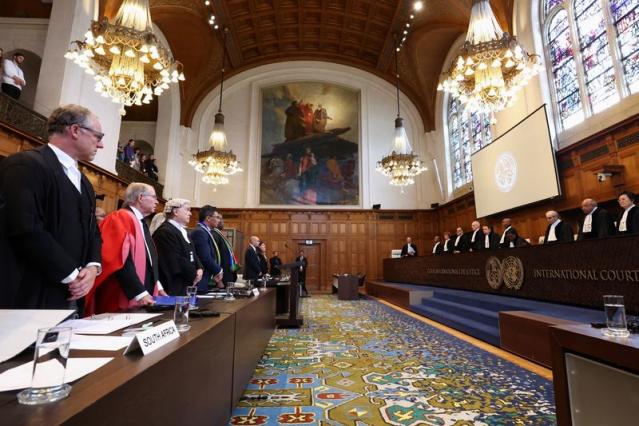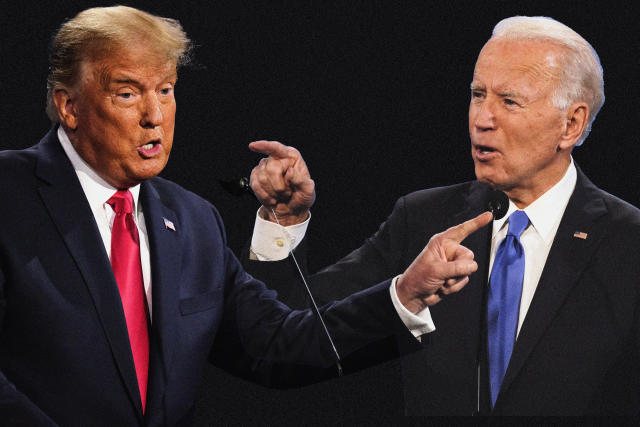Olayemi Cardoso, the Governor of the Central Bank of Nigeria (CBN), has pinpointed the substantial government purchases of food items for palliative distribution to vulnerable citizens as a key factor driving the surge in food inflation across the country.
His remarks came during the March Monetary Policy Committee (MPC) meeting, the details of which were published on the CBN website on Monday.
During the meeting, the MPC responded to rising inflationary pressures by raising the benchmark interest rate from 22.75 percent to 24.75 percent, aiming to address inflationary trends.
However, despite these efforts, recent data from the Consumer Price Index report released by the Nigerian Bureau of Statistics (NBS) revealed a further escalation in inflation rates.
In March, Nigeria’s inflation rate surged to 33.2 percent, with food inflation reaching an alarming 40.01 percent. This represents a significant year-on-year increase of 15.56 percentage points from March 2023.
Governor Cardoso highlighted the persistent inflationary pressures, attributing them to various factors, including structural issues affecting food and energy prices.
He said, “Despite notable stability in the foreign exchange market resulting from decisions taken at that 293rd MPC meeting, inflationary pressure remains unabated. While there is the argument that the significant tightening since the last MPC meeting is yet to fully permeate the system and yield its expected impact, the risk of galloping inflation persists.
“If such a hyperinflationary scenario is to become reality, available options to control inflation could be severely constrained. From the facts presented to the MPC, there is a clear indication that the monetary factors contributing to inflation are diminishing in their significance.
“This could be considered as evidence of the impact of decisions reached at the 293rd MPC meeting. Staff reports show that the principal drivers of acceleration in inflation are hikes in food and energy prices which are associated with structural factors.
“Further, new dimensions of inflationary pressure are emerging. First, ‘seller inflation’ arising from the oligopolistic structure of commodity markets, as noticed in the prices of local commodities, is gaining significance.
“In addition, huge purchases by the government for distribution as palliatives to vulnerable citizenry is adding another dimension to the food price inflation, with seasonal factors of food price increases during religious fasting and festive periods, adding price cyclicality.”



























